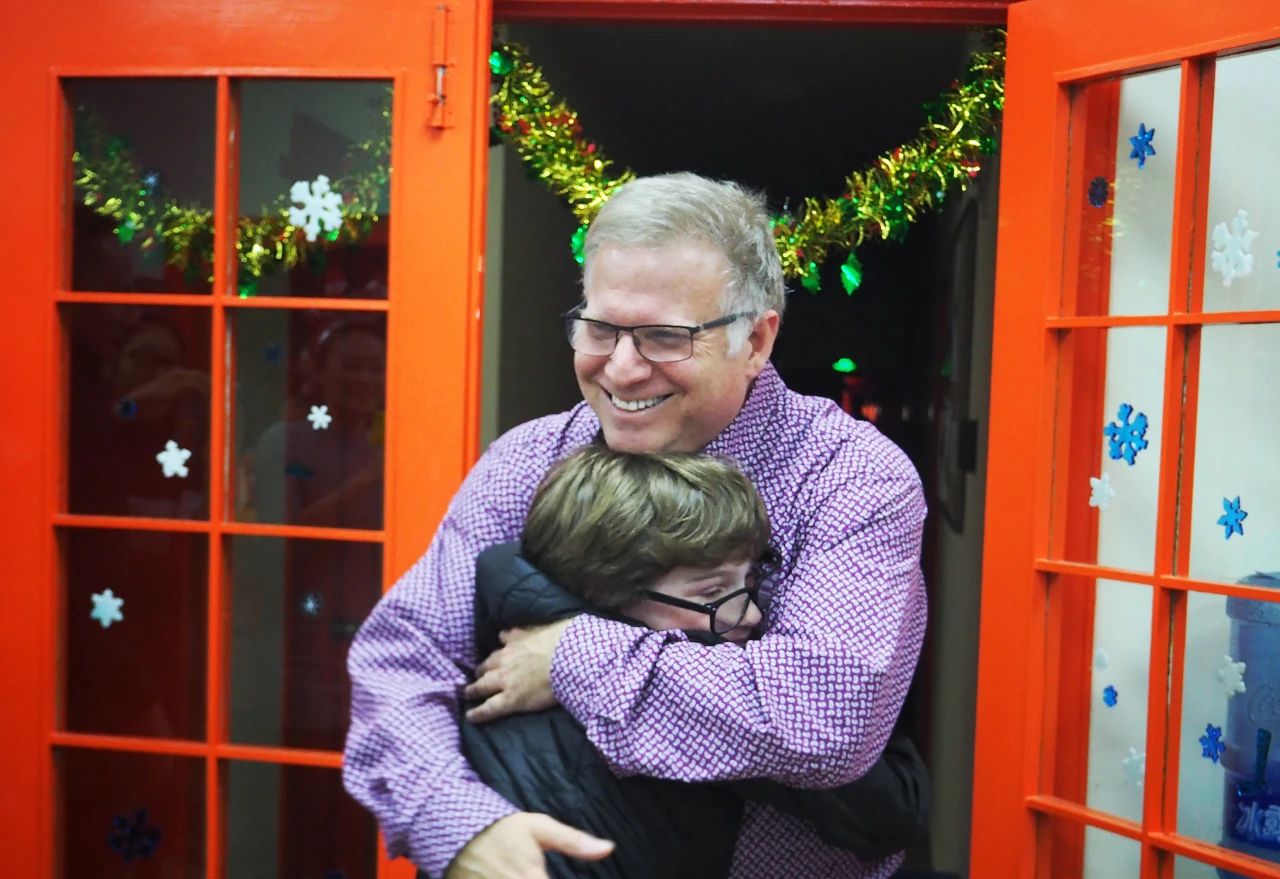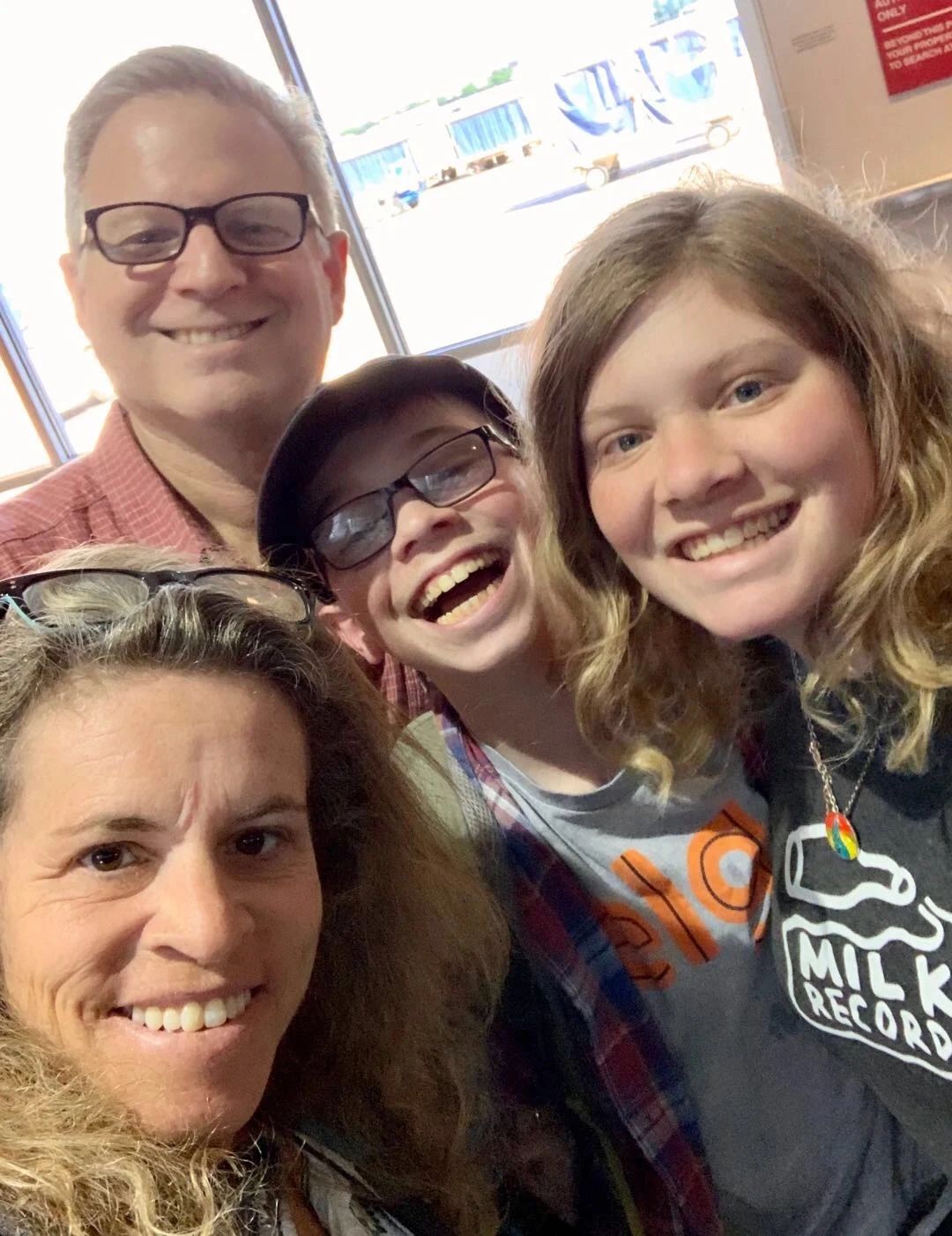
When China closed its borders to foreigners, I happened to be in the U.S. visiting friends and family, leaving me alone with my two children, whose school campuses had closed – my wife, Shari, had been traveling with me, but made it back to China in time. Because my children both live on campus, and because I haven’t had a home in the U.S. since 2003, we hurriedly moved into a vacation rental without much of a plan. Although working remotely has been busier than ever, living in confinement also means I have more time to spend with my kids, now young adults. This has left me with much time to reflect on what I’ve learned as a father.
-
How would they cope with their responsibilities?
-
Would they be able to communicate with their teachers and staff effectively, or even at all?
When COVID-19 disrupted my travel plans and forced me to move in with three young adults (my eldest’s boyfriend, who also has ADHD, is staying with us), I dreaded returning to my family’s pandemonium and strife. Even though my oldest child had become an accomplished student thanks to their experience at a supportive therapeutic boarding school, they were uncertain about how online classes would impact their learning. Similarly, my son’s senior year of high school had brought on a bad case of senioritis, which was only compounded by our new circumstances.
As it turns out, lockdown has been one of the largest challenges my children have faced. Online learning is particularly difficult for my children, where they must fight the urge to not skip classes or endlessly scroll through social media. Without frequent face-to-face interactions with their friends, emotional difficulties have become much more challenging to cope with, especially in the wake of a worldwide pandemic. Additionally, people with ADHD have an endless thirst for stimulation – boredom can be catastrophic. Without the ability to go outside and explore, my children have become restless.
For people with ADHD, developing the right coping strategies can take years of effort and a strong support system.
What seem like relatively simple challenges to neurotypicals can be monumental for those with ADHD.
In many cases, ADHD is not so much a deficit of attention so much as it is an abundance of it.
When my children rapidly move from hobby to hobby, I see it as them giving up and possibly wasting money on another abandoned hobby – my children, on the other hand, see this as a way to develop new and varied interests. People with ADHD are naturally curious – from my oldest, I’ve learned about sustainable agriculture, Chinese literature, the (confusing) world of video games, and social justice. My youngest has helped me better understand my genealogy and is also a passionate artist and scientist. Their own love of learning has challenged and inspired me to expand my own interests, turning me into a fan of MarioKart, 70’s sci-fi films, and Hatsune Miku.
Learning to cooperate with my ADHD family has turned me into a better problem solver and communicator
Supporting three young adults with ADHD while in confinement has been challenging, to say the least. But I’m excited that for the first time in years, I actually get to spend Father’s Day with my children. Some dads might see Father’s Day as a chance for relief from their hectic families, but I view it as day for reflection.
For me, being a father means committing to meeting my children’s needs and approaching them with curiosity.
I’ll probably celebrate Father’s Day by barbequing a few steaks – my favorite hobby – but I’ll also be reminding myself that it’s a privilege to love, grow, study, and live alongside my neurodivergent children.

Hallowell, E., Ratey, J. (2020, January 31). ADHD Needs a Better Name. We Have One. ADDitudeMag. https://www.additudemag.com/attention-deficit-disorder-vast/?fbclid=IwAR0n1RPwnCHSKR-SX4vcQGPt3C6-XnxFMX7ffUvK0JmDKQUDZbWJuIylQy4
McCabe, J. (n.d.). How to ADHD. https://howtoadhd.com/
Reimherr, F.W., Roesler, M., Marchant, B.K., et al. (2020.) Types of adult attention-deficit/hyperactivity disorder: a replication analysis. J Clin Psychiatry, 81(2), e129-135. https://doi.org/10.4088/JCP.19m13077
